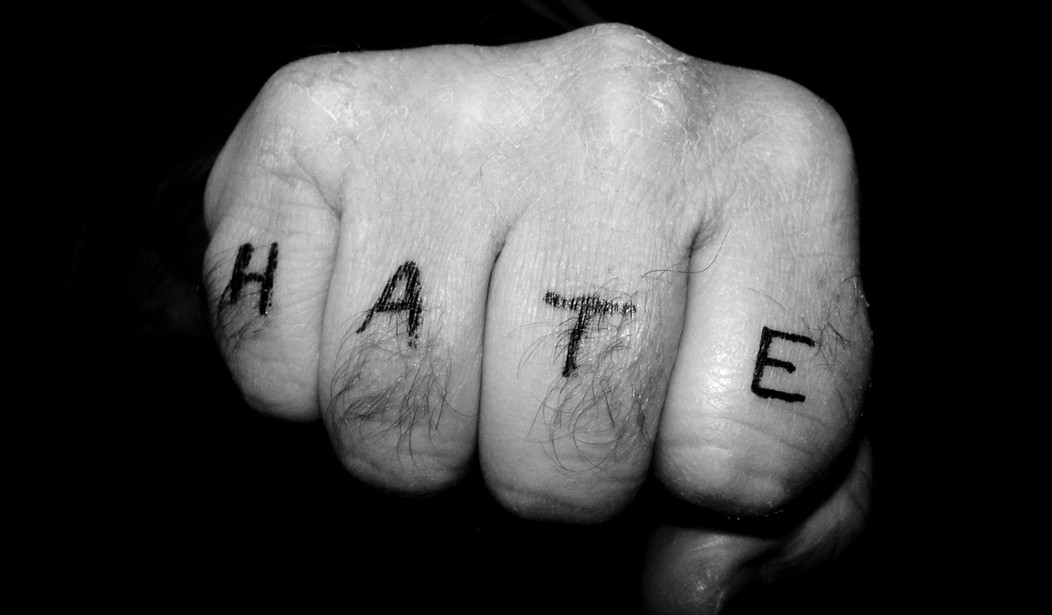Duke University history professor Nancy MacLean argued that conservatives and free-market libertarians often “seem to be on the autistic spectrum” during a lecture she gave last week to promote her new book.
MacLean is the author of Democracy in Chains, a left-leaning missive against Nobel Prize-winning economist James Buchanan, a supporter of free markets and small government. In her book, MacLean contends that Buchanan only became libertarian in a “last gasp attempt to preserve the white elite’s power.”
When asked by an audience member what was the source of Buchanan’s libertarian philosophy, MacLean whispered that she “didn’t put it in the book,” but added “I’ll say it here.”
“It’s striking to me how many of the architects of this cause seem to be on the autism spectrum. People who don’t feel solidarity or empathy with others, and who have kind of difficult human relationships sometimes,” offered MacLean.
There are three issues here: 1) there is no evidence Buchanan was on the autism spectrum, 2) there is no evidence correlating autism and any political philosophy, and 3) MacLean wrongfully claims that people on the spectrum lack solidarity and empathy.
Troy Champlain, a father with Asperger’s, was the first to unpack these issues in depth in a post on his personal blog, An Intense World. In an interview with PJ Media, the sometimes college lecturer and English teacher worried about the implications that could be drawn from her reasoning.
“If we take the most positive interpretation of her views, she’s arguing that libertarianism is highly problematic because mentally ill people came up with it; if we take a more negative interpretation of her views, she’s arguing that libertarianism is malevolent because autistic people think in malevolent ways,” said Champlain.
“One can only imagine what conclusions one might reach with the latter understanding,” Champlain added.
He also argued that MacLean is guilty of promulgating stereotypical — but incorrect — thinking about people on the autism spectrum. While MacLean “argued that we do not feel solidarity or empathy with others,” Champlain says that “the fact of the matter is … autistics simply express [those feelings] quite differently.”
“My own empathy for the poor is precisely why I support free markets. The difference is that I don’t then just go with whatever sounds good to try to help; rather, I learned a good amount of economics and discovered what would actually help the poor,” he explained.
There’s a misconception that people with autism or Asperger’s don’t always sound compassionate, Champlain added. But this is because they don’t always “spout the feel good solution du jour,” not because they’re — as MacLean argues — lacking empathy.
“In the end, she’s spreading myths about Asperger’s and autism that simply are not true. She’s reinforcing stereotypes and using those stereotypes to try to pathologize an ideology with which she disagrees. People would be outraged if she identified a particular race with a particular ideology” Champlain told PJ Media. “This is ultimately no different.”
PJ Media reached out repeatedly to MacLean for comment, but did not receive a response in time for publication.
Follow the author of this article on Twitter: @Toni_Airaksinen










Join the conversation as a VIP Member